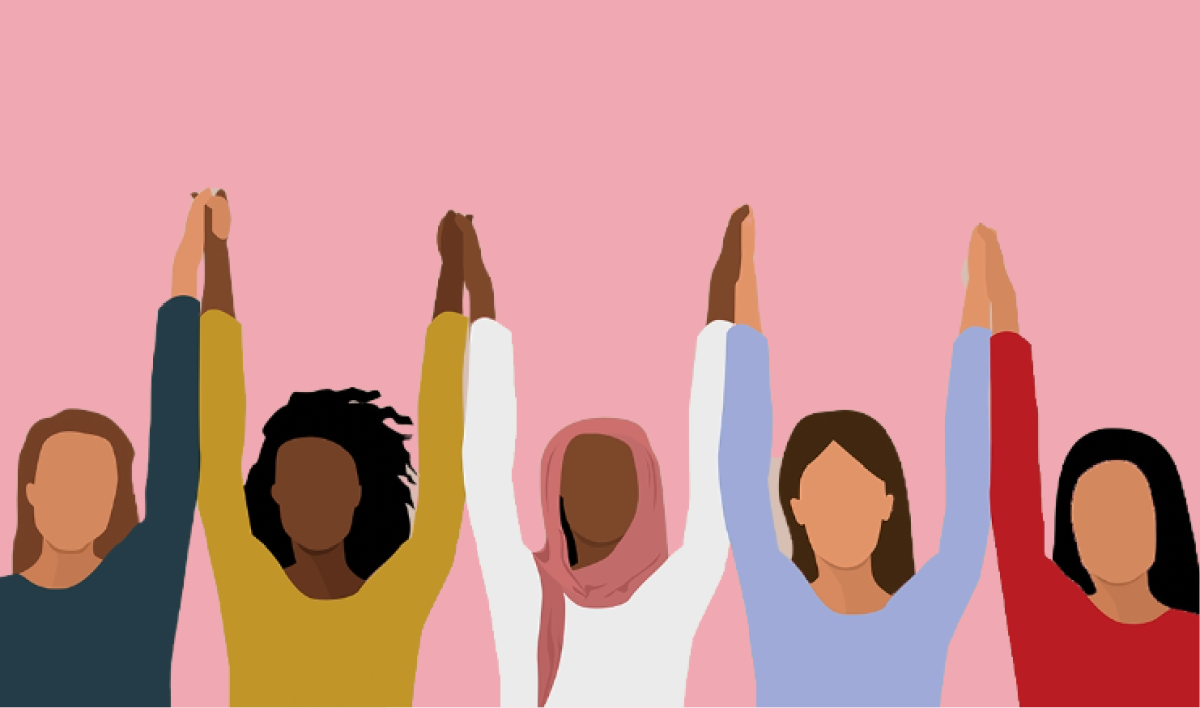One primary purpose for getting an education is to get a job. Many of us hope that this job will lead us to wealth. Maybe we don’t say we want to be rich, but we do. Perhaps Jefferson’s “pursuit of happiness” would be better stated as the “pursuit of wealth.” After all, poor is “bad” and rich is “good.” The pursuit of wealth is our real national pastime.
We try to rationalize our wealth in several ways. Some of these rationalizations are weak and flawed, while others are only slightly more reasonable.
One such rationalization is that a wage is correlated to the contributions that one makes socially or economically. In order for this rationalization to float, it would have to hold true with very few exceptions. This sinking rationalization, however, is full of holes and exceptions. Only ignorance and conceit would drive someone to rank professional importance.
Some people think that the amount of money one makes is linked to the amount of work and sacrifice that a job requires. The harder the work, the more compensation one receives. It is believed that difficult executive decisions merit more pay, because these decisions are extra-hard and the ramifications are so big, therefore more pay is justified. This is a poor defense, as well. Does the restaurant manager work harder than the dishwasher? Or does the accountant work harder than construction worker? Is it true that mental work is more difficult than physical labor? The answer to these questions lies in the subjectivity of the person.
Another such rationalization is that the profit belongs to the person who took the risk. They say: “I started the company, that’s why I have the fattest paycheck” or, “My neck was on the line, not my employees’, that’s why my salary is justified.” This appears to make natural sense in a capitalist economy. The financial risk of many financial ventures, however, has been almost eliminated by the invention of corporations. The only thing one stands to lose, if one fails, is time. If we accept such rationalization as valid, we must realize that such a system is motivated mostly by avarice and greed.
Too often, wealth comes to us on the backs of others. In an attempt to satisfy our consciences, we try to justify our wage. But are our wages truly justified? That brings the idea of an “honest day’s wage” to the forefront.
Blindly, it seems, we attempt to link the definition of an “honest day’s wage” to what we supposedly “need.” Cultures and individuals often define their needs in strikingly different ways. The needs of a minimalist could be defined as just enough to feed, clothe and house herself. Many Americans define their needs as a few vehicles, a comfortable house, a few toys and a family vacation, with enough left over for weekly recreational activities. Undoubtedly, the majority of the world defines its needs as a considerable amount less than even most of us-poor, struggling college students. Our needs are almost entirely defined in the realm of subjectivity.
Our modern economy is extremely complex. The exchange of goods and services are seemingly endless. In this exchange, everyone is taken advantage of and manipulated, to one degree or another. One may make a profit in one way, only to lose some of it (or all of it) to another who took him/her for a profit.
We are like toddlers in a playpen fighting over toys to play with. Unless one toddler pulls a toy from outside the pen, a competition will ensue for the available toys. Unless the kids learn to share, the power struggle will continue.
Profit is very similar. We shouldn’t be overwhelmed by the immensity of our playpen. Just because we can’t easily see the negative consequences of our profits doesn’t mean that they don’t exist. How do we justify a profit if it comes at another’s expense?
Let me hypothesize. If taking a profit at another’s expense is unjustified and immoral, why is it not an issue to most people? Could it be that the comfort level of our “way of life” turns us to ignore the larger issue? Are we subconsciously sweeping the issue under the rug, just as our human predecessors have done to other social issues?











